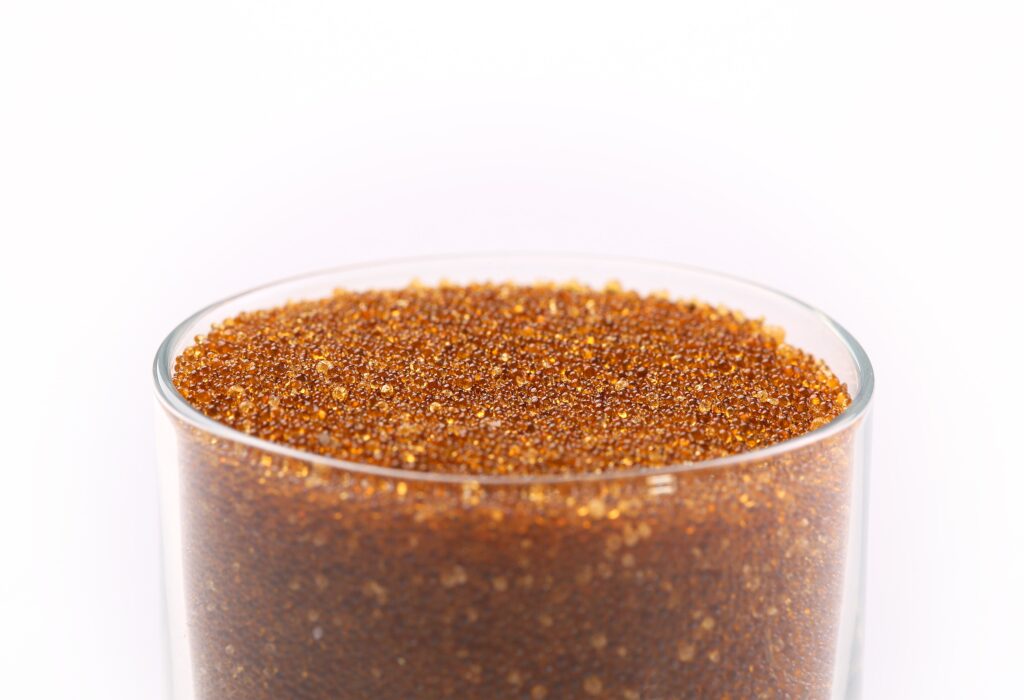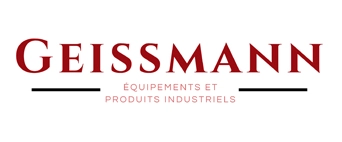Ion exchange resins are polymers containing positive or negative ions within their structure. Most of them are in the form of beads and are capable of exchanging, without physical modification or alteration, their mobile ions with ions of the same sign contained in the same solution with which they are brought into contact. Ion exchange resins are classified in two categories according to the nature of the ions that will be exchanged. If it exchanges a cation, it is called a cationic resin and if it exchanges an anion, it is called an anionic resin. Each resin is characterized by an exchange capacity indicating the number of active ion sites available for exchange per unit volume. Once the exchange capacity is reached, the resin becomes saturated and must be regenerated to return to its original state.
PHONE
+212 522 25 12 15 / 64
FAX
+212 522 25 35 90
ADDRESS
Rue Ach Charif Al Idrissi BP 5118, Maarif - 20370 - Casablanca - Maroc

THE MAIN FAMILIES OF ION EXCHANGE RESINS:
- Strong cationic resins: polystyrenic resins characterized by the presence of sulfonic radicals with acidities close to that of sulfuric acid.
- Weak cationic resins: polyacrylic resins characterized by the presence of carboxylic radicals, which can be similar to certain organic acids such as formic or acetic acid.
- Strong anionic resins: polystyrenic or polyacrylic resins, with a gel or macroporous structure, characterized by the presence of quaternary ammonium radicals.
- Weak anionic resins: polystyrenic resins with macroporous or polyacrylic structure, characterized by tertiary ammonium radicals.
- Absorbent resins: these are resins designed to fix, other than by ion exchange and in a reversible way, non-ionic compounds (essentially organic molecules) in solution in polar and non-polar solvents.
- Inert resins: these are polymers without active groups used to separate either two layers of resins from each other or in exchangers working in countercurrent.
APPLICATIONS OF ION EXCHANGE RESINS:
- Water treatment: Softening, decarbonation, demineralization.
- Food industry: Decalcification of sugar juices, decoloration of sugar syrup, demineralization of starch syrup.
- Chemical industry: Recovery or elimination of metals, cobalt purification.
- Metallurgical industry: Surface treatment of metal parts, recycling of rinsing water.
